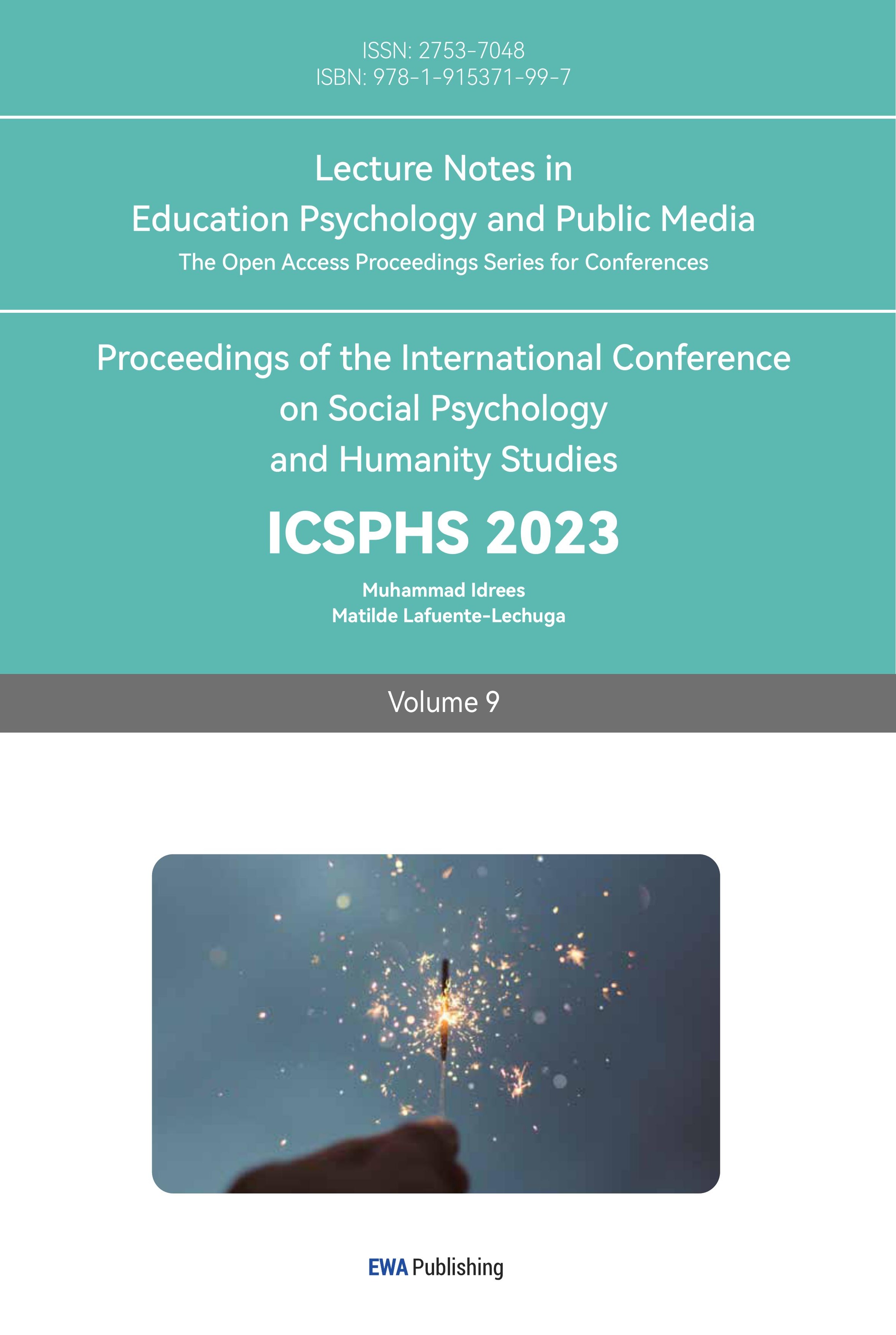References
[1]. Quine, W. V., In praise of observational sentences: The Journal of Philosophy Vol. 90, No. 3 (1993), pp. 107-116.
[2]. Quine, W. V. (1995). From Stimulus to Science. Cambridge, MA: Harvard University Press.
[3]. Quine, W. V. (1969). Epistemology Naturalized. In Ontological Relativity and Other Essays. New York: Columbia University Press.
[4]. Quine, W.V. (1960). Word and Object. Cambridge: MIT Press.
[5]. Ayer, A. J., Whiteley, C. H., & Black, M. (1936). Truth by Convention: A Symposium by A. J. Ayer, C. H. Whiteley, M. Black. Analysis, 4(2/3), 17–32. Also see in Quine, W. V. 1936: Truth by Convention.
[6]. Gary Kemp (2018). Quine and the Kantian Problem of Objectivity. Science and Sensibilia by W. V. Quine pp 91–114.
[7]. Carnap R. (1967). The Logical Structure of the World. UNIVERSITY OF CALIFORNIA PRESS BERKELEY AND LOS ANGELES.
[8]. Carnap R. (1964). Logische Syntax der Sprache, Vienne : Springer, trad. anglaise 1937 The Logical Syntax of Language, Londres : Routledge & Kegan Paul.
[9]. Carnap R. (1964). Logische Syntax der Sprache, Vienne : Springer, trad. anglaise 1937 The Logical Syntax of Language, Londres : Routledge & Kegan Paul.
[10]. Quine, W. V. (1974). The Roots of Reference. La Salle, IL: Open Court.
[11]. Roberta B. “The Interpretation of Necessity and the Necessity of Interpretation.” The Journal of Philosophy 101, no. 12 (2004): 609–38.
[12]. Boghossian P. A., Analyticity Reconsidered. Noûs , Sep., 1996, Vol. 30, No. 3 (1996), pp. 360-391.
Cite this article
Sun,L. (2023). The Objectivity of Analyticity: Quine's Two Dogmas Argument Revisited. Lecture Notes in Education Psychology and Public Media,9,136-141.
Data availability
The datasets used and/or analyzed during the current study will be available from the authors upon reasonable request.
Disclaimer/Publisher's Note
The statements, opinions and data contained in all publications are solely those of the individual author(s) and contributor(s) and not of EWA Publishing and/or the editor(s). EWA Publishing and/or the editor(s) disclaim responsibility for any injury to people or property resulting from any ideas, methods, instructions or products referred to in the content.
About volume
Volume title: Proceedings of the International Conference on Social Psychology and Humanity Studies
© 2024 by the author(s). Licensee EWA Publishing, Oxford, UK. This article is an open access article distributed under the terms and
conditions of the Creative Commons Attribution (CC BY) license. Authors who
publish this series agree to the following terms:
1. Authors retain copyright and grant the series right of first publication with the work simultaneously licensed under a Creative Commons
Attribution License that allows others to share the work with an acknowledgment of the work's authorship and initial publication in this
series.
2. Authors are able to enter into separate, additional contractual arrangements for the non-exclusive distribution of the series's published
version of the work (e.g., post it to an institutional repository or publish it in a book), with an acknowledgment of its initial
publication in this series.
3. Authors are permitted and encouraged to post their work online (e.g., in institutional repositories or on their website) prior to and
during the submission process, as it can lead to productive exchanges, as well as earlier and greater citation of published work (See
Open access policy for details).
References
[1]. Quine, W. V., In praise of observational sentences: The Journal of Philosophy Vol. 90, No. 3 (1993), pp. 107-116.
[2]. Quine, W. V. (1995). From Stimulus to Science. Cambridge, MA: Harvard University Press.
[3]. Quine, W. V. (1969). Epistemology Naturalized. In Ontological Relativity and Other Essays. New York: Columbia University Press.
[4]. Quine, W.V. (1960). Word and Object. Cambridge: MIT Press.
[5]. Ayer, A. J., Whiteley, C. H., & Black, M. (1936). Truth by Convention: A Symposium by A. J. Ayer, C. H. Whiteley, M. Black. Analysis, 4(2/3), 17–32. Also see in Quine, W. V. 1936: Truth by Convention.
[6]. Gary Kemp (2018). Quine and the Kantian Problem of Objectivity. Science and Sensibilia by W. V. Quine pp 91–114.
[7]. Carnap R. (1967). The Logical Structure of the World. UNIVERSITY OF CALIFORNIA PRESS BERKELEY AND LOS ANGELES.
[8]. Carnap R. (1964). Logische Syntax der Sprache, Vienne : Springer, trad. anglaise 1937 The Logical Syntax of Language, Londres : Routledge & Kegan Paul.
[9]. Carnap R. (1964). Logische Syntax der Sprache, Vienne : Springer, trad. anglaise 1937 The Logical Syntax of Language, Londres : Routledge & Kegan Paul.
[10]. Quine, W. V. (1974). The Roots of Reference. La Salle, IL: Open Court.
[11]. Roberta B. “The Interpretation of Necessity and the Necessity of Interpretation.” The Journal of Philosophy 101, no. 12 (2004): 609–38.
[12]. Boghossian P. A., Analyticity Reconsidered. Noûs , Sep., 1996, Vol. 30, No. 3 (1996), pp. 360-391.









